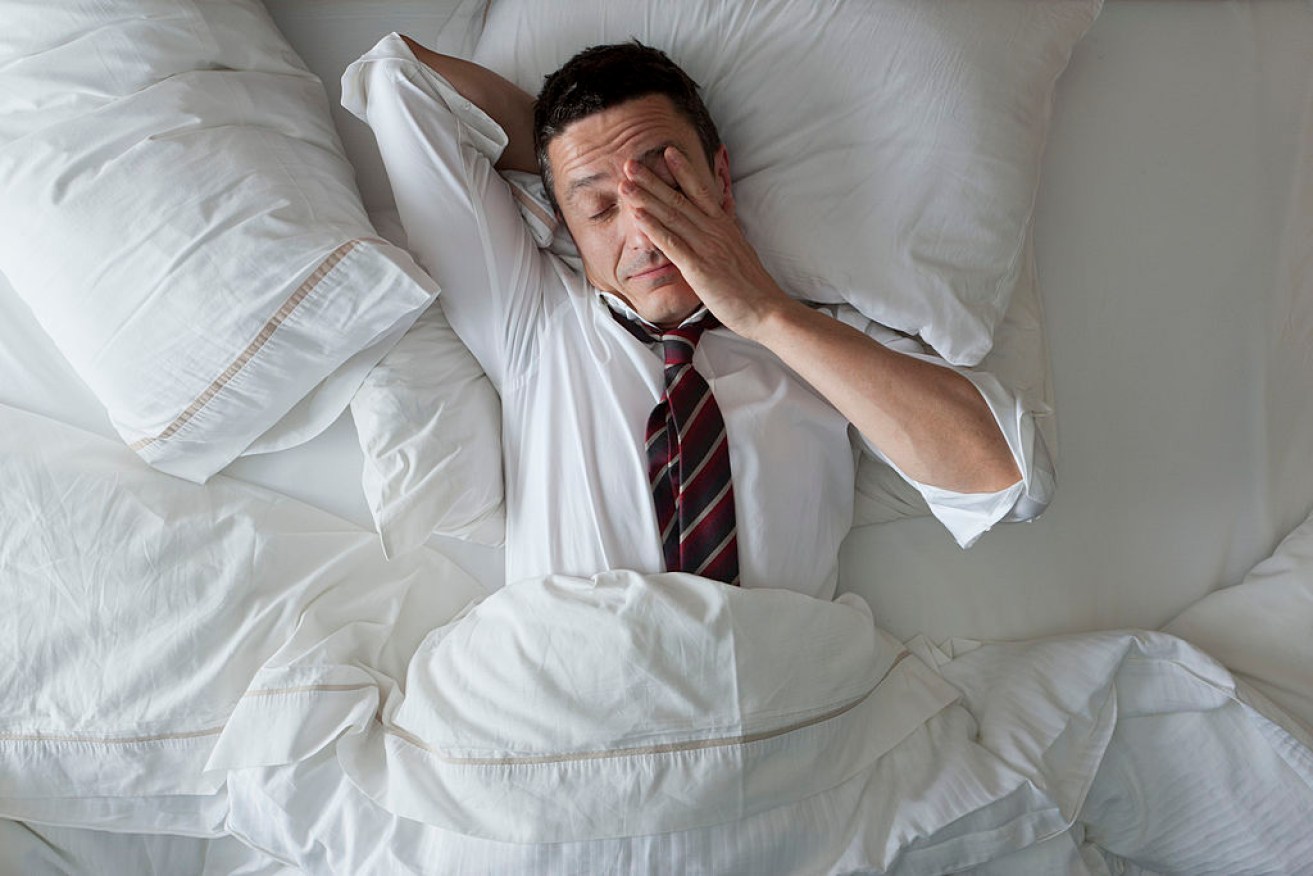Tips for when you just can’t sleep

For some people the work day begins after dark making sleeping difficult. Photo: Getty
If you have ever been on a long-haul flight between two different time zones, you will know what it is like to have a body clock that is out of sync.
Fatigue, grumpiness, general disorientation and nausea are all common symptoms.
According to Dr Siobhan Banks from the Sleep Health Foundation, these are sensations that many people whose job or lifestyle prevents them from getting good overnight sleep have to cope with constantly.
In September, the ABC asked their readers about their slumber by taking part in a sleep snapshot questionnaire.
Of the 20,000 people who took part, about 1,950 said they did shift work — of which 53 per cent were women and 46 per cent were men.
And many more told the ABC about babies and young children who need regularly need attention overnight — which often makes good sleep impossible.
So if your job or your kids prevent you from getting sleep overnight, what advice do the experts have for you?
Truck driver in for the long haul
Richie is a 46-year-old truck driver from south-west Sydney who currently drives almost 1,000 kilometres every weeknight.

Richie can’t sleep without needing to wake up an hour later. Photo: ABC
When he arrives home in the morning he plays with his dog, eats a meal of baked beans or poached eggs, cleans up and then goes to bed.
He has no trouble falling asleep but he usually wakes after just one hour needing to go to the bathroom — and from there it is almost always a struggle to drift off again.
“I’m fighting myself to get back to sleep … there’s a lot of anxiety,” he said.
He said all up he was lucky if he managed to get five or six hours. He tries to make up for this by having a short, roadside nap during the return journey each night, which his employer encourages.
We asked Dr Banks for some tips to help him get better rest.
Sleep tips for Richie
- Try to drink less fluid close to bed
- Avoid excess caffeine – stop drinking coffee five hours before bed.
- Have a lighter meal before bed – Avoid a protein rich meal right before dinner.
- Try relaxation tapes – Relaxation tapes could also be an option when Richie wakes, for easing his anxiety and helping him fall back to sleep.
- Consider having a sleep study done – Sleep apnoea or another sleep disorder could be the reason. People with sleep apnoea have trouble getting enough air during sleep, which wakes them up just enough for their metabolism to speed up and create more waste — hence the need to urinate.
- Get catch up sleep when you can
When being a mum keeps you up at night

Maddie finds it hard to sleep with her four-month old baby. Photo: ABC
Madeline, 26, from the ACT also wrote to the ABC to talk about her sleep.
Once Philippa goes back to sleep, Madeline often has trouble drifting off.
And this all adds up, which means sometimes she is running on just four hours of sleep during the day.
“I just need to sleep, but I also have to take care of her … on the bad days it gets really tough and I get really tired very easily,” she said.
Dr Banks also had some advice for Madeline, to help maximise her sleep.
Sleep tips for Madeline
- Try a co-sleeping bed attachment or cot right next you
- Try ‘dream feeding’ – When you are ready to sleep, wake up the baby just enough to give her a good, long feed so they sleep longer.
- Avoid using a phone before bed
- Avoid tea right before bed
- Take naps — but not too many – Napping is a good “catch up” strategy but lots of sleep during the day can make you less inclined to sleep at night.
- Be kind to yourself and don’t be scared to ask for help and support
Don’t suffer in silence
Dr Banks said while getting good sleep could be tricky when you need to be awake at night, the same general principles — like limiting caffeine, creating a sleep haven and not taking your phone to bed — apply for most people, regardless of when they get their rest.
“The fundamentals stay pretty much the same, because we all have the same biology … we can’t get around it,” she said.
“I think the main thing would be to reach out if you need help.”
Dr Banks said people who feel they are not getting enough sleep should never suffer in silence.
“There’s information available at the Sleep Health Foundation site for example, but also general practitioners,” she said.
“And there are sleep psychologists and sleep physicians who are specially trained to help people in these positions. There’s also lots of people to help with kids and their sleep — and so there’s lots of help available.”
– ABC








